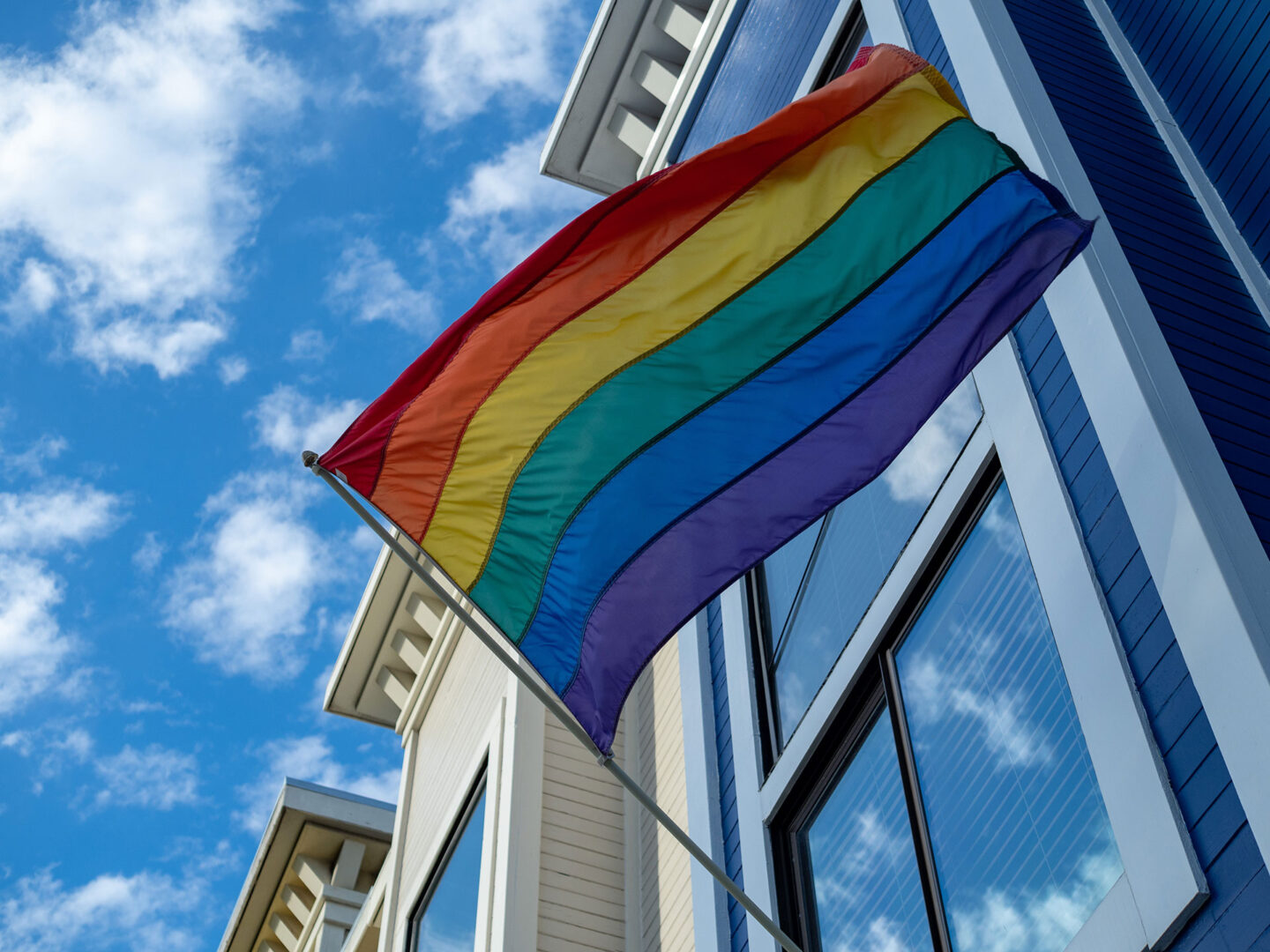Real Estate Alliance Quarterly: LGBTQ+ Migration to Minnesota

Sarah Rostance, president of the Minnesota chapter of the LGBTQ+ Real Estate Alliance and licensed realtor at Edina Realty, has received multiple inquiries from LGBTQ+ people interested in moving to Minnesota because of its LGBTQ+-friendly laws and politics since the 2024 presidential election.
Rostance says she had a client reach out to her individually, along with two clients referred to her through the Real Estate Alliance, who specifically cited Minnesota’s LGBTQ+-friendly laws as their reason for moving in the weeks following the election.
Those laws include the Trans Refuge law protecting patients and providers of gender-affirming care from out-of-state legal restrictions, the Take Pride Act updating language in the Minnesota Human Rights Act related to gender identity and sexual orientation to expand legal protection, and bans on conversion therapy and the so-called panic defense, according to a GLAAD fact sheet.
“One couple,” the one who reached out to Rostance individually, “is moving from Texas and found me on the app Everywhere is Queer,” she says. “They said they were thinking of moving to Minnesota because it is such a safe place for queer folks.”
Everywhere is Queer is an app featuring “a world-wide map of queer-owned businesses,” according to its website.
Rostance says she’s also had clients reach out for the same reasons over the past few years preceding the election. While rising concerns about anti-LGBTQ+ legislation across the country in the wake of the 2024 presidential election may be the proverbial straw that broke the camel’s back, Rostance says it mainly brings increased attention to a deeper issue.
“People who are oppressed always have that in the back of their mind, that they need to move somewhere where they feel allowed to exist,” Rostance says.
While this trend is unlikely to create a major shift in the local market, it does add to the high demand in a market with very little new housing stock being built, especially starter homes, according to Rostance.
The market currently has about two months of housing supply, Rostance says. A balanced market has four to six months and a buyer’s market has six months or more — Rostance says she hasn’t seen that in ten years.
Another factor limiting new housing stock is restrictive single-family zoning laws, according to Rostance. While some people have concerns about increased population density negatively affecting their neighborhoods, Rostance says the data doesn’t back that up.
“Data shows that when you have diverse communities and a lot of people, the community thrives better,” Rostance says.
An article from The Pew Charitable Trusts discussing Minneapolis land use reforms agrees: “Research shows that communities with strict zoning requirements tend to have higher home prices, rent growth, and levels of homelessness than those with more permissive zoning laws.”
People moving to Minnesota as an LGBTQ+ refuge haven’t congregated in any one neighborhood or suburb, according to Rostance.
One factor in this phenomenon is the Fair Housing Act. It prohibits discrimination in housing based on several factors, including gender identity and sexual orientation. Encouraging a client to consider or avoid a specific area based on these factors, known as “steering,” is considered illegal discrimination.
This means Rostance and other real estate agents cannot legally direct LGBTQ+ people to LGBTQ+ neighborhoods. Instead, Rostance says she encourages clients to scout out neighborhoods themselves to determine if they would be a good fit.
“Drive around!” Rostance says she tells her clients. “In this day and age, it’s pretty easy to tell who your people are based on the signs you see.”
5200 Willson Road, Suite 316 • Edina, MN 55424
©2025 Lavender Media, Inc.
PICKUP AT ONE OF OUR DISTRIBUTION SITES IS LIMITED TO ONE COPY PER PERSON




